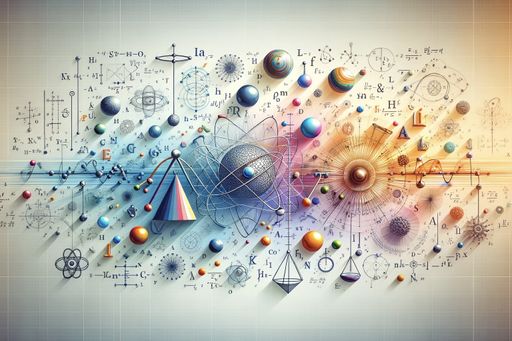Dark matter can be 'mirror' within our own universe — and it's not what we imagine
New research suggests that dark matter, a mysterious element that makes up the majority of the universe's mass, may be a mirror reflection of our own, but with broken rules. Dark matter does not interact with light or matter composed of atoms, and its presence can only be detected through its gravitational pull. This mirroring of dark matter might contribute to the explanation of the universe's coincidence of identical amounts of dark and normal matter.

Dark matter: A mysterious mirror universe
Recent research has proposed that dark matter, a mysterious element that accounts for the majority of the universe's mass, could be a mirror reflection of our own universe. However, this mirror universe operates by different rules and does not interact with light or matter composed of atoms.
Dark matter's elusive nature makes it difficult to detect. Scientists can only identify it by observing its minute gravitational pull on various objects, such as the movements of stars in galaxies. This gravitational interaction is the only way we can indirectly observe the presence of dark matter.
The idea of a dark matter mirror universe is intriguing, as it could potentially explain the remarkable coincidence of equal amounts of dark and normal matter in the universe. This mirroring effect might offer an explanation for this cosmic balance.
Coincidences and oddities in the universe
The universe is full of coincidences and oddities, and dark matter might help explain some of them. One such coincidence is the nearly identical mass of protons and neutrons in normal matter. This allows them to bond together and form stable atoms.
In a hypothetical scenario where protons were slightly heavier, they would decay quickly, making atom production impossible. Instead, the universe would be filled with freely floating neutrons. The mirror universe, however, could have a different combination of physics that results in dark protons evaporating and leaving behind dark neutrons as dark matter.
These odd coincidences and the possibility of a dark matter mirror universe raise intriguing questions about the fundamental nature of our universe and the existence of parallel realities.



